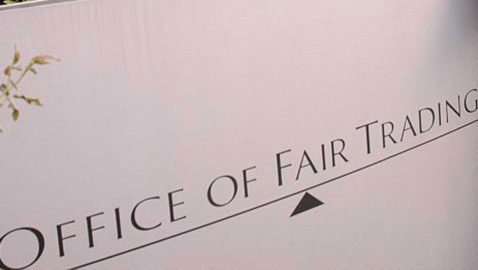
The Office of Fair Trading (OFT) has imposed requirements on Royal Bank of Scotland and National Westminster Bank, both members of the RBS Group, to address concerns about the way some customer debts are enforced via charging orders.
A charging order is a court order that places a ‘charge’ on a debtor’s property, turning unpaid, unsecured judgment debts into secured debts. This means that once any prior ranking charges on the property have been settled, the debt must be paid back out of the available proceeds of sale when the debtor sells the property. A bank or other creditor which has obtained a charging order can also apply to the court for an order requiring the property to be sold, but this happens only in a minority of cases.
Charging orders are a legitimate way to secure and ultimately recoup unpaid debts. However, an investigation by the OFT concluded that there were problems with the way RBS and NatWest were using them.
The OFT’s concerns included an apparent failure by the banks to consider customers’ financial circumstances and the proportionality of the approach before asking the court to put a charging order in place. For example, the OFT found evidence that the banks were not always taking account of customers’ efforts to repay debts using a debt repayment plan or other method, and that many charging orders were used to secure relatively small amounts of debt, sometimes below £5,000.
The requirements imposed reflect proposals made by the two banks.
David Fisher, the OFT’s director of consumer credit, said: “Lenders are entitled to use charging orders but they must do so proportionately and not to secure relatively small amounts of debt.
“Where we consider the use of charging orders to be unfair or oppressive we will take action to protect consumers.”















